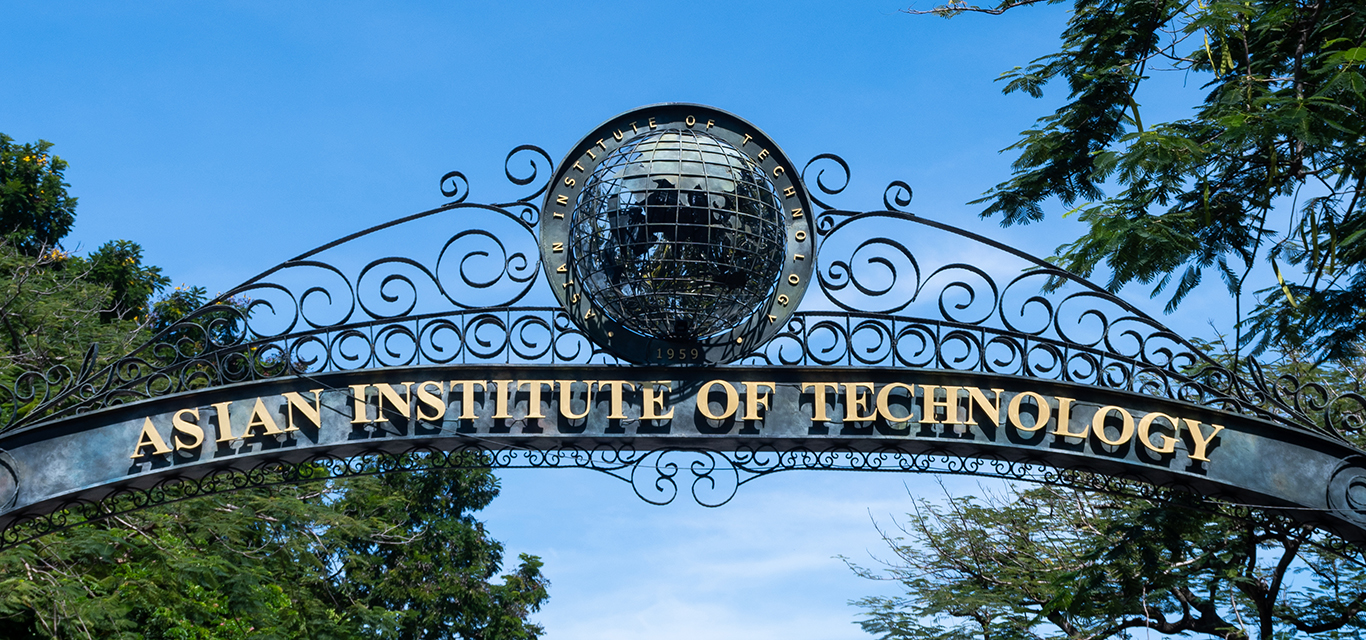Project Budget – 459,000 USD
Project location – Global
Donor – UNFCC/UNEP. UNIDO
Project duration – 14 Oct 2013 – 31 Oct 2021
Partners – UNEP, UNIDO, Asian Institute of Technology, Bariloche Foundation – (BF) Argentina, Council for Scientific and Industrial Research (CSIR),The Energy and Research Institute (TERI) Environment and Development Action in the Third World (ENDA-TM),Tropical Agricultural Research and Higher Education Center (CATIE), World Agroforestry Centre (ICRAF), Deutsche Gesellschaft für Internationale Zusammenarbeit (GIZ), Energy Research Centre of the Netherlands (ECN), National Renewable Energy Laboratory (NREL), UNEP Risø Centre, and UNEP-DHI Centre (URC)
Description – The Climate Technology Centre and Network (CTCN) aims to stimulate technology cooperation and to enhance the development and transfer of technologies and assist developing country Parties at their request, consistent with their respective capabilities and national circumstances and priorities, to build or strengthen their capacity to identify technology needs, to facilitate the preparation and implementation of technology projects and strategies taking into account gender considerations to support action on mitigation and adaptation and enhance low emissions and climate-resilient development. The CTCN will support North-South and in particular South–South and triangular technology cooperation including identifying, disseminating, and assisting with developing analytical tools, policies, and best practices for country-driven planning, acquisition, and deployment of technologies. The specific objectives are:
- Improving the availability and accessibility of knowledge on climate technologies, and providing knowledge support and advisory services that act to accelerate the diffusion of climate technologies for adaptation and mitigation in developing countries
- Enhancing human and institutional capacity on climate adaptation and mitigation technologies through regional-level training and support of National Designed Entities (NDEs) in designing collaborative programs for meeting priority technology needs
- Stimulating technology collaboration by mobilizing stakeholders (public and private institutions, academia, and research organizations) through professional exchange programs, outreach, and networking activities at the global, regional, and national levels








